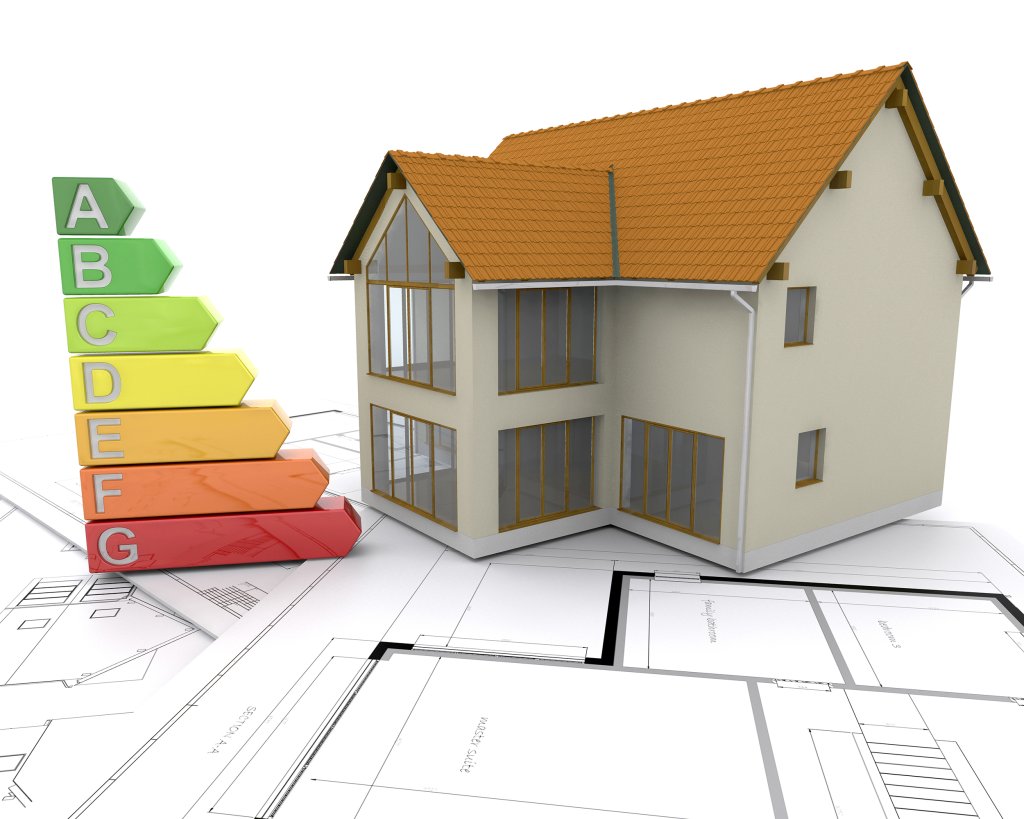
When purchasing a household appliance, have you ever considered its energy consumption? Many people overlook this information, assuming it to be unimportant or difficult to obtain. However, choosing energy-efficient appliances not only saves you money but also contributes to environmental preservation. Currently, there are two categories of appliances that must display energy consumption data to comply with EU regulations: fridges/freezers and washers/dryers. Since these appliances consume a significant amount of electricity, making a wise choice can lead to substantial savings.
Appliances are graded on a scale from A (indicated by a green arrow, representing energy efficiency) to G (indicated by a red arrow, indicating high electricity usage). Labels and manufacturer's leaflets provide clear explanations of the grading system alongside the corresponding letter. The actual energy consumption is expressed in kilowatt-hours per year, allowing you to estimate the savings you can achieve over the appliance's lifespan. While an energy-efficient item may have a higher initial cost compared to a less efficient competitor, the long-term energy savings and additional quality benefits should demonstrate that it is a superior investment.
If you come across the European Ecolabel (depicted as a green flower) on a product, you can be confident that it has been recognized as one of the best in its class. The label also provides space for other relevant information, such as food storage capacity, spin speeds, drying performance, washing ability, noise levels, and more. However, manufacturers are not obligated to include such details. In the A-to-G grading system, A signifies the best energy efficiency while G represents the lowest. This grading system is expanding to cover additional appliances such as dishwashers, heaters, light bulbs, and ovens, offering valuable insights for conscientious consumers. It's worth noting that some performance statistics may have been achieved using energy-saving features like economy buttons or half load settings, so utilizing these features when appropriate will yield the best results.
By considering energy consumption and choosing appliances with higher energy efficiency ratings, you can not only enjoy financial savings but also contribute to a more sustainable future. So, the next time you shop for household appliances, keep in mind the importance of energy efficiency and the positive impact it can have on both your wallet and the environment.